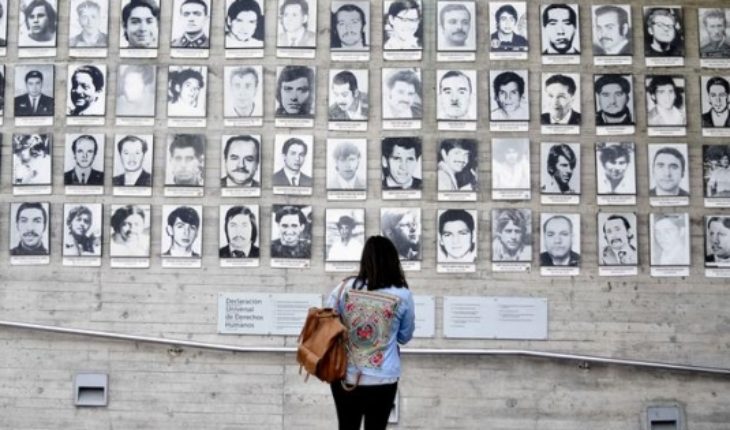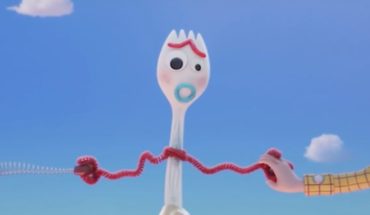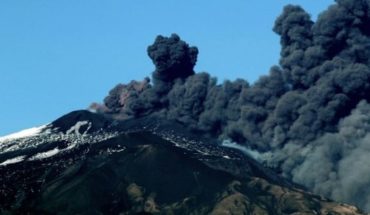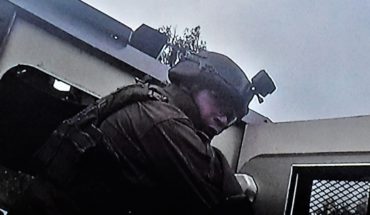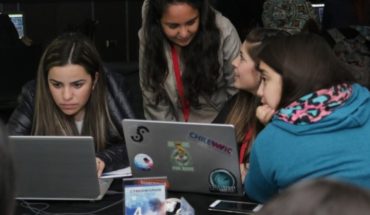Jan Korte, of the left party, presented 68 questions to the Ministry of Foreign Affairs German at the end of last year on the cooperation between the German secret service, the BND, and the military dictatorships in Chile and Greece in the decades of 1960 and 1970. Incomplete responses that got irritated both to the Parliament the Bundestag who presented an official complaint about the lack of cooperation from the Government. “These responses are an insult without Parallels,” he says in an interview with DW. “And, by the way, that is not way to treat Parliament.”
The Foreign Ministry admitted that the Government of Chancellor Willy Brandt knew in advance about the impending coup planned by the Chilean military leaders under the command of general Augusto Pinochet in September 1973, but offered few details about the topic.
Conversely, the Government largely refused to answer key questions about cooperation between the CIA (which actively supported the Pinochet coup) and the BND, citing as a reason the “reason of State”. “Disclosure of information related to cooperation with foreign security forces would violate strict and unlimited confidentiality which is the basis of all intelligence cooperation,” according to the Government.
Questions that were left unanswered include: “When and how active was the BND in Chile?”, “do said the CIA to the BND on the coup, that United States had supported both financially and actively through its intelligence agency?”, “was would the BND involved in any way with the operations of the CIA in Chile?”or”what was the central element of German foreign policy in Chile, if they were not human rights?”.
“We can assume that there was close cooperation (between the BND and CIA), and that was legitimized by anti-communism,” Korte said.
The German Government also refused to specify if some Chilean military had been trained in Western Germany during those years, from 1965 to 1995.
A secret service clear?
Korte was especially concerned by the fact that the answers come from a Ministry headed by the Social Democratic Party (SPD) center-left and questioned the explanations: how could that information affect operations current of the BND or why the Government insists on respecting the confidentiality agreements with a regime that had fields of torture?
Korte received similar responses to your questions about the collaboration of the bond with the military junta that ruled Greece between 1967 and 1974. The Government is not obliged to publish documents of intelligence that have less than 60 years, but Korte and other critics pointed out that its reticence are not in line with the initiatives of transparency of the BND.
Last October, the Agency funded and published a book of a group of independent historians who had investigated their files between 1945 and 1968. It financed the project with EUR 2.4 million. Korte, for whom this showed that it was possible a critical review of recent history, even if it were funded by own revised government agencies, praised the report.
A lucrative dictatorship the Ministry of Foreign Affairs gave some clues about the relations of Germany with Chile. The answers to the questions of Korte revealed that trade with Chile experienced a boost in the year after the takeover of Pinochet, with an increase in exports of more than 40 per cent in 1974 and 65 per cent of imports.
In fact, the newspaper archives show that conservative politicians of the era, along with sections of the media, initially held power of Pinochet and the economic benefits they promised. Franz-Josef Strauss, a Government Minister on several occasions and leader of the Social Christian Union Bavarian (CSU) for more than 25 years, told the newspaper Bayernkurier in 1973 that “in view of the chaos that has reigned in Chile, the word ‘order’ returns to suddenly have a sweet sound for Chileans.”
Meanwhile, Bruno Heck, then general Secretary of the Christian Democratic Union (CDU), traveled to the Chile of Pinochet in 1973 as a sign of solidarity. When asked about reports that the National Stadium in Santiago had been converted into a detention camp where dissidents were tortured Heck told infamously the Süddeutsche Zeitung newspaper that “life in the stadium is quite nice when makes a sunny day”.
For Korte, the Government’s replies to its questions raise other questions about what he calls “blind spots” of post-war Western Germany. “For example the cooperation of the Government with the regime of apartheid in South Africa and others as the Pinochet dictatorship or that of Greece”, says. “I think that it is time that this story is addressed and that the Government position on the matter.”
translated from Spanish: Do the Pinochet dictatorship supported Germany? The indignation of the left of that country with its Government’s vague replies
January 4, 2019 |
